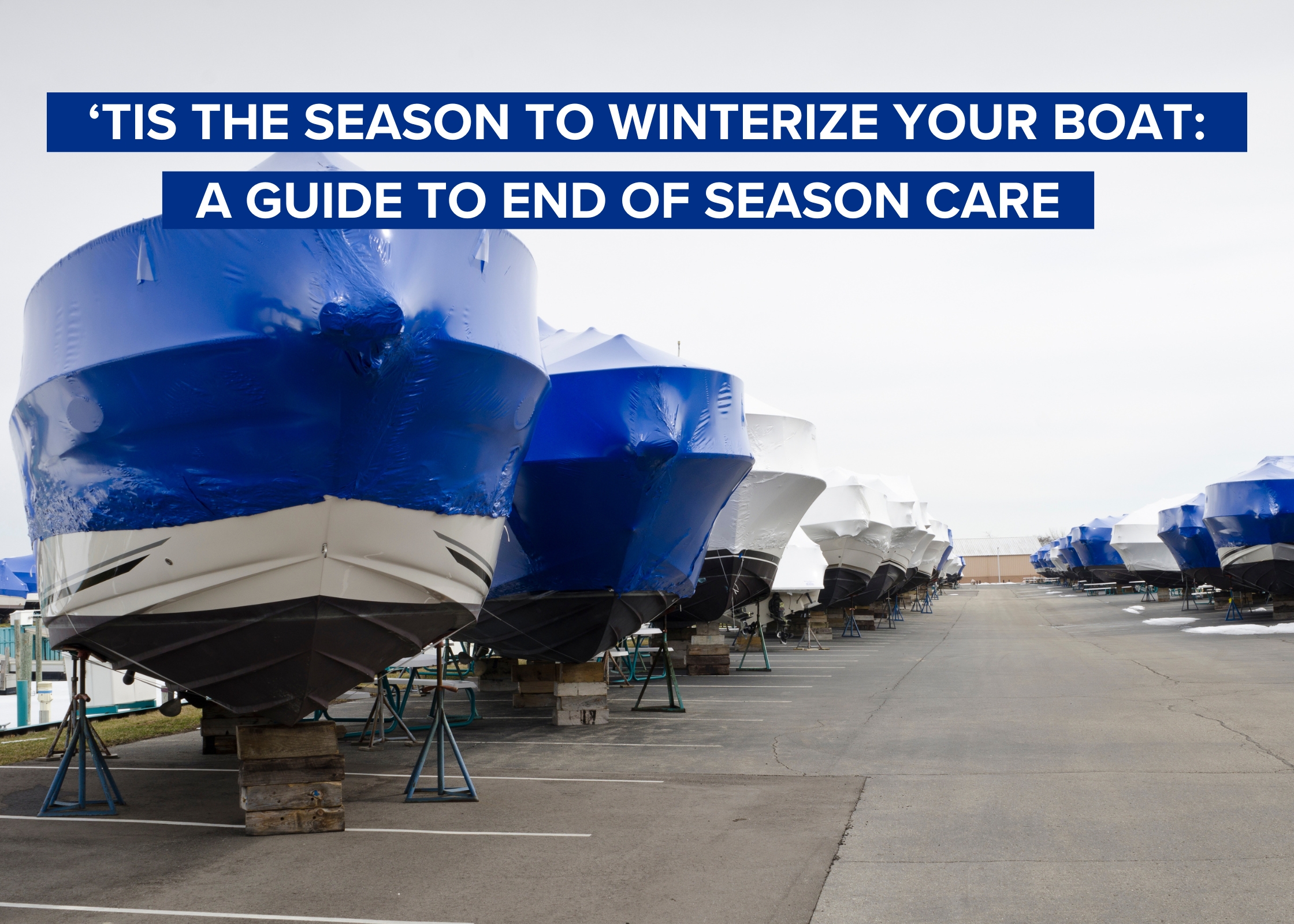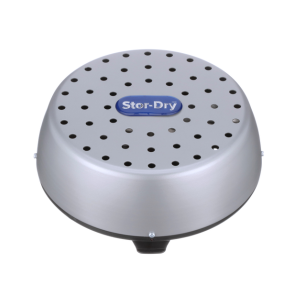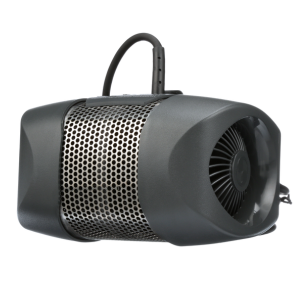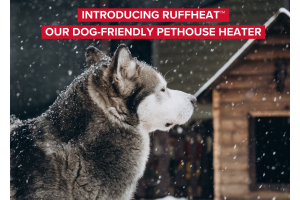‘Tis the Season to Winterize Your Boat: A Guide to End of Season Care

As the boating season winds down and the chilly fall air signals the coming winter season, it's time to think about preparing your boat for the off-season. Properly closing up your boat for winter is essential to protect it from the elements and ensure that it’s in great condition when you’re ready to set sail again come spring. Here are a few helpful tips, but be sure to consult with a winterization professional in order to store your boat properly.
- Clean the Boat Inside and Out
Start with a thorough cleaning. This will prevent dirt, grime, and any saltwater from damaging your boat’s surfaces during the off-season. Clean the deck, hull, and any upholstery with appropriate cleaners. Don’t forget to clean out the bilge as well; a dirty bilge can lead to unpleasant odors or mold growth.
The Stor-Dry is an excellent tool to help combat moisture during the off-season. This small yet powerful device combines a heater and a fan to circulate warm, dry air throughout your boat’s interior, preventing the buildup of dampness that can lead to mold, mildew, and unpleasant odors. Using a Stor-Dry can be especially helpful for boats stored in humid environments, as it offers an extra layer of protection against the damaging effects of excess moisture during the winter months. Learn more about the Stor-Dry and how it can help you prepare for the off-season.

- Drain and Winterize the Engine
One of the most crucial steps is preparing your boat’s engine for winter. This includes changing the oil, replacing the oil filter, and flushing the engine with fresh water to remove salt, dirt, and other debris. Make sure to add antifreeze to protect against freezing temperatures. If unsure of how to properly winterize your engine, consult your local marina or boat manufacturer for additional advice.
The Pali Engine Compartment Heater is an essential tool for helping to extend your boating season and protect against sudden cold snaps. However, the Pali is not intended nor designed to replace winterization. Engineered specifically for marine use, the Pali helps prevent your engine compartment from freezing, which can damage the engine block and other critical components. The Pali heater is self-regulating, maintaining a temperature just above freezing without the risk of overheating. It is ignition-protected and safe for use in enclosed spaces, providing peace of mind that your engine is shielded from unexpected temperature drops.
For more information about the Pali heater, visit our website!

- Protect the Fuel System
Fill the gas tank to prevent condensation from forming inside, which can lead to corrosion. Add a fuel stabilizer to prevent the fuel from breaking down and causing engine problems when you start it up again next season. You can even take a short trip to help distribute the fuel evenly.
- Remove and Store Electronics
Saltwater and cold temperatures can wreak havoc on sensitive electronics. Disconnect and remove all electronic devices, such as GPS units, radios, and fish finders. Store them in a dry, climate-controlled space to avoid damage.
- Take Care of the Battery
Batteries can lose their charge over time, especially in cold weather. Disconnect the battery and store it in a dry place, ideally in a garage or storage unit. Check the charge periodically and be sure to inspect the battery prior to reinstalling it for the spring boating season.
- Check and Protect the Plumbing System
If your boat has a plumbing system (e.g., sinks, showers, or a head), it’s important to drain all the water to prevent pipes from freezing and cracking. Run non-toxic marine antifreeze through the system to protect it.
- Secure the Boat and Add a Cover
If your boat will be stored outdoors, a high-quality cover is essential. It will protect the boat from rain, snow, debris, and UV damage. Ensure that the cover fits properly and is securely fastened. Some boaters opt for shrink-wrapping the boat for an even tighter seal.
- Inspect the Trailer (If Applicable)
If your boat is stored on a trailer, now is a good time to inspect it. Check the tires for wear and tear, ensure the lights are functioning properly, and lubricate the wheel bearings to avoid any issues when you’re ready to tow the boat next season.
- Document the Process
As you go through the process of closing up your boat, take notes or pictures of any issues you notice. This will serve as a helpful reference when you’re ready to de-winterize your boat next spring.
- Schedule Off-Season Maintenance
While your boat is out of commission, it’s a good time to schedule any necessary maintenance. Whether it’s repairing any damage, upgrading components, or simply giving it a tune-up, doing this during the off-season ensures that you won’t lose valuable time on the water next year.
By winterizing your boat properly, you’ll ensure that your boat remains in top condition during the off-season, making for a smooth and stress-free launch next season.
Happy boating—and see you on the water next year!






